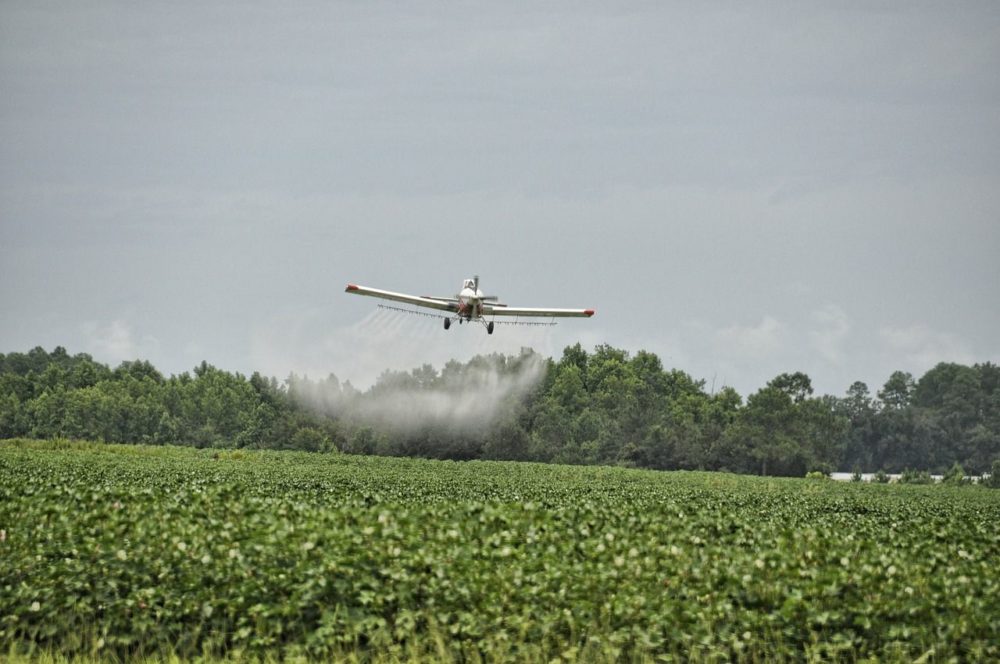Terramera, a startup that’s on a mission to change the fate of many biological ag products, has raised $10 million in venture capital.
The Vancouver, Canada-based startup uses a molecular delivery system to enhance the efficacy of bio-pesticides.
The round, which is the first close of a larger round, was led by food and agtech venture fund S2G Ventures, and also attracted funding from a strategic investor; an affiliate of Sumitomo, the Japanese chemicals company, was another leading investor in the deal.
Other investors were Bold Capital, a VC focused on investing in transformational technologies, sustainability-focused VC Renewal Funds, and Maumee Ventures, the corporate venturing arm of agribusiness The Andersons.
“We were founded as a company trying to solve the problem of why so many biologicals have struggled with consistency and performance and we’ve really tried to de-construct those issues and focus on innovations that allow us to bridge the gap between where we are with bio-products and where we need to get to,” Karn Manhas, CEO of the company, told AgFunderNews.
Farmers are increasingly looking for biological alternatives to conventional inputs, particularly pesticides, as consumer demand for clean food that’s pesticide-free or organic grows. And Manhas attributes the strong investor interest in Terramera to those trends, as well as other industry dynamics that are playing out.
“We’ve had lots of international interest on the back of some issues in the industry, such as what’s happening with agrochemical consolidations [among the Big 6] and uncertainty around the continued use of conventional chemical inputs,” he said. “We need to increase productivity and yet satisfy changing consumer demands.”
S2G Ventures is very focused on changing consumer demands and the huge gap in organic food supply makes companies like Terramera very important to back, according to Sanjeev Krishnan, managing partner at the firm.
“The US is a net importer of organic produce so for us, it’s about how to match where the consumer is to where acreage in the US is,” said Krishnan.
Terramera is not manufacturing its own proprietary biopesticides, but instead is applying its technology to existing bioactives to improve them and it will sell products combining the two.
So how does the technology work?
The core ‘Inspirium’ technology is a molecular delivery system which essentially coats the bioactive materials of a biopesticide, enabling them to perform more efficiently by “shuttling” them into a pest’s cells, said Manhas. “We can take a bioactive that performs poorly — and the industry is littered with them — and we can increase its efficiency by three to five times.”
Neem is one example of a bioactive that’s been “written off” by the industry, but that Terramera is working with. The technology also increases the stability and shelf-life of bioactive products, according to Manhas.
“There are many biologicals out there that have a fair amount of potential, but they have to be stable enough that they don’t degrade before reaching the target site, which is often an issue,” he said.
While still at least a year away from having agricultural products on the shelves, Terramera also has a consumer product line that combats bed bugs, which is already on the shelves of Home Depot.
For S2G’s Krishnan, this consumer product was a big draw as its revenues provide a safety net ahead of commercializing the ag products.
Krishnan was also impressed with the stage of development the company had reached, the efficacy of the technology, its EPA registrations, and the team, which comes from a mix of agriculture and pharmaceutical backgrounds. Manhas said that the technology was influenced by drug delivery technology from the pharmaceutical industry.
“They were just what we were looking for,” said Krishnan. “We looked at a lot of biologicals companies, but think of Terramera as much as a delivery technology than as a biopesticides, so they’re not in competition with others; instead they are complementary.”
“The only risk we feel we are taking is adoption risk, but we think that’s hedged because of the consumer product, and the potential of our syndicate partners like Sumitomo,” he added.
Krishnan will join the board and will help Terramera to partner with other companies in S2G’s portfolio, namely Midwestern BioAg, which has a network of 5,000 progressive, biological-focused farmers. Another portfolio company Shenandoah Growers, the controlled environment agriculture company, could also be a potential customers.
“These channel partners can be part of the initial go-to-market strategy; Midwestern BioAg’s farmers cover almost 1 million acres,” he added.
Krishnan also plans to connect the startup with S2G’s network of food companies that are looking to improve their supply chains by reducing the amount of chemicals used in production, and buying more organic produce.
Have news or tips? Email [email protected]





